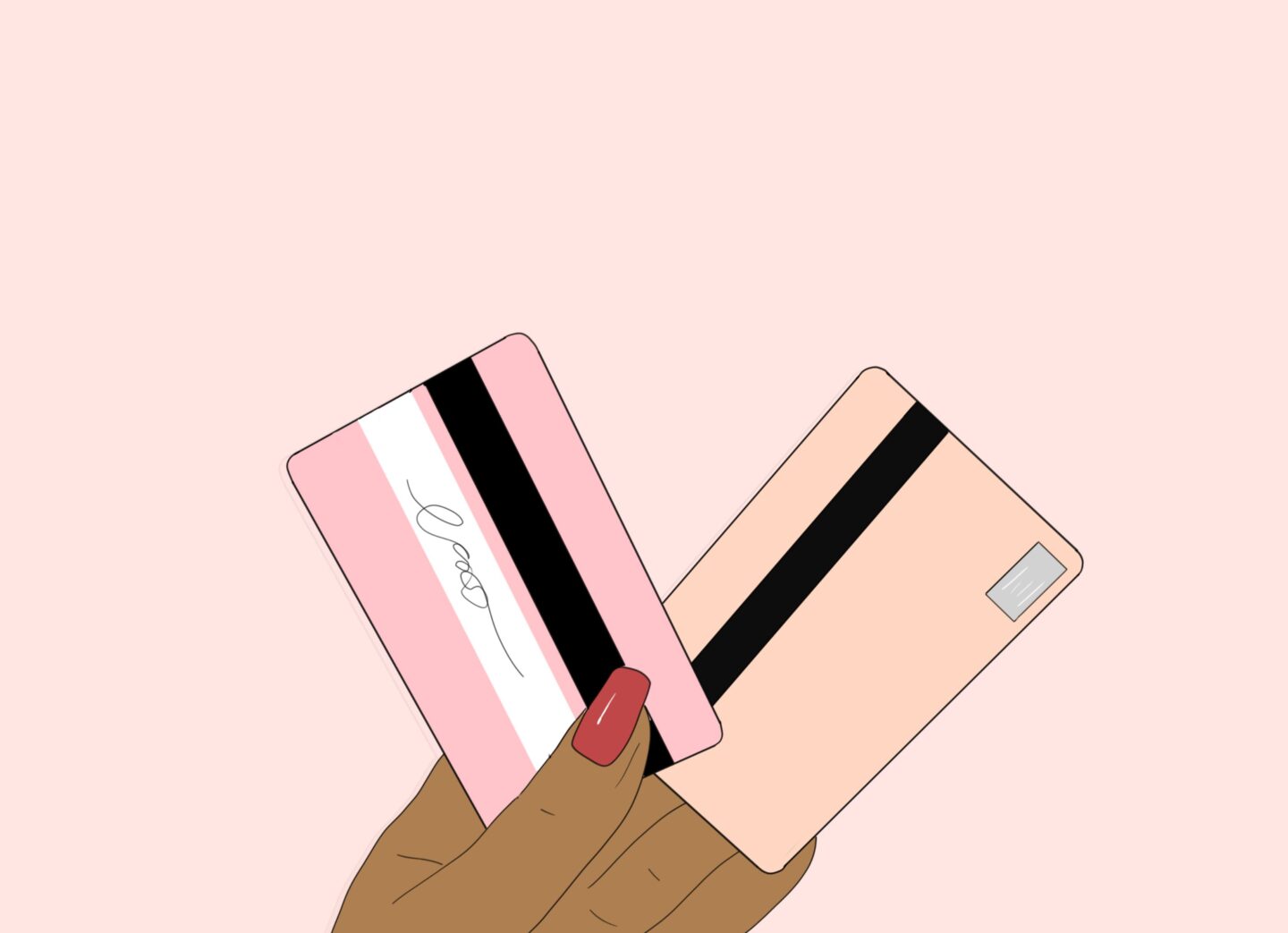Traditionally, western society has seen most women devoid of financial matters altogether. Women were dependants and faced restrictions from many activities involving dealings with money. Fast forward to the 21st century and much has changed. Now more than ever, women are earning their own money and even more women are becoming breadwinners. But just how comfortable are we with our money?
Money has significant emotional meaning as it can provide independence, security, opportunity and power. It is one of the most powerful means of exchange we have. Therefore, it’s important to understand the gendered approach to money that is still clear today. General statements which remark that men are earners and women are spenders show real discrepancies in how men and women are perceived in relation to money.
Womanhood and financial independence
There are still a large number of disparities in aid, advice and representation within the field. It’s harder for women to get financial loans. Women still receive cautions against making transactions that deal with male-dominated service industries. Common advice for women is to have a male present when involved in certain negotiations. No less to ensure that salesmen don’t take advantage. Remember that episode of Sex and the City when Miranda went to buy her own apartment and was asked if she had a husband who could complete the transaction? Yeah. The fact is women are simply not seen as capable to negotiate deals.
I’ve been financially independent since I started work as a teenager. That is until the COVID-19 pandemic hit. As a young woman, I don’t really remember being questioned about how and where I spend my money. What I began to realise was what money means to some women, myself included. Monetary control and ownership have been central to the theme of many female-led music chart-toppers over the years. To flaunt financial independence is to exude freedom for the modern working woman.
However, some elements of the old order of money have stayed. Social and cultural norms still actively work to undermine women’s ability to be financially literate. Women are constantly branded with the idea that they’re not good with money, investing and just generally poor at saving. These norms illustrate the wider forces at work which hide some of the wealth inequality present in our society.
You work hard but can you afford to play hard?

Naturally, there are differences in how men and women behave with money. Perhaps the most notable indication of society’s gendered approach to money is the fact that women face scrutinisation about how and where they spend it. Statements like: ‘all they do is go shopping’ may seem outdated. Sadly, even I can say I’m guilty of thinking and feeling this. It’s thought that reiterating the idea that women aren’t good with money is just another excuse for allowing the gender pay gap to continue. This is still the case in many industries.
More than what is on the bill
The problem here is people don’t consider the fact that women take on more responsibilities. This inevitably leaves them with less time and room to focus on financial planning. For many women, our money pours into a multitude of necessities like the home, for example. Moreover, there aren’t many women visible in finance to appropriately guide prospective women from a mutual point of understanding.
Money knows no gender but the problems we may face with money are bigger than our spending and saving habits. This is something that needs to be fixed in the industry. Having said that, staying silent about this issue won’t help either. A reluctance to talk about money means that it will remain swept under the carpet. Finance and money is a sensitive topic. Yet our position of earning and spending our own money resulted from previous generations’ protest. Capitalism did not afford us the right to be financially independent. We are and should still continue to find ways to change these circumstances.
It’s not all bad! Women find power in independence and money has always been a signifier of this. Having control over your money and spending can make you feel like you’re winning at life. Learning how we deal with and feel about money comes from a range of different influences. Getting clued up about how we deal with it doesn’t have to be so challenging. Finance and advice should be accessible to all without bias. Let’s ensure we build this knowledge so that we can have even greater agency and feel more comfortable with our money.
For more advice on how to get your finances on lock, click here for ten personal finance tips.
Find more self-improvement articles here >
Written by Lauren Johnson
Illustrated by Francesca Mariama

